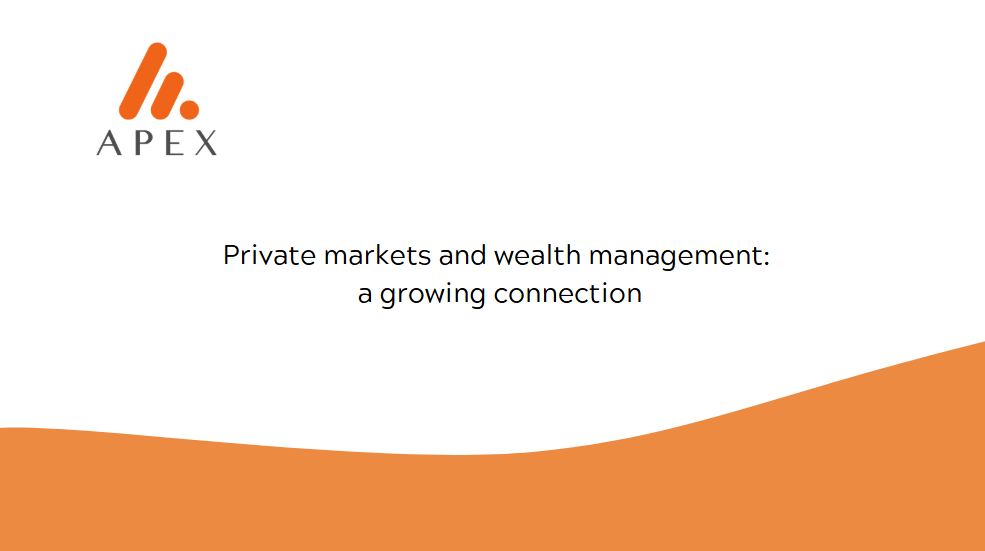Hong Kong‘s Investment Surge Signals a Strategic Reawakening in Global Capital Flows
In a striking turn for global investors, Hong Kong has seen a near doubling of new corporate investments in the first four months of 2025, with 223 firms committing over HK$20 billion (approx. US$2.58 billion), according to official data released Tuesday. The rapid acceleration in inflows—up nearly 100% year-on-year—suggests that Hong Kong's efforts to reassert itself as a critical node in global capital networks may be paying off.
The new investments have created over 4,900 jobs, said Alpha Lau, Director-General of Investment Promotion at Invest Hong Kong, who anticipates a strong year-round momentum. “We're seeing both renewed confidence and strategic repositioning,” she noted, adding that family offices—a key indicator of ultra-high-net-worth engagement—are also gaining traction, with around 170 already established and 150 more in the pipeline.

Rebuilding from Strength: A Reinvention Rooted in Innovation
The surge comes against the backdrop of a broader rebound in Hong Kong's innovation economy. As of 2024, the number of startups reached 4,694, up 10% from the previous year and 40% from 2020. The growth has been particularly pronounced in high-value sectors such as healthtech, green technologies, and robotics. Meanwhile, companies with overseas parent firms operating in Hong Kong hit a record 9,960—an all-time high.
This uptick is no accident. It reflects a coordinated policy shift aimed at reducing structural barriers and fostering a high-tech entrepreneurial environment. “When a startup conducts R&D in Hong Kong, it may only bear 40% of the total cost,” said Albert Wong, CEO of Hong Kong Science Park. The Park has expanded its shared lab infrastructure to meet the needs of emerging sectors like semiconductors and biomedicine while offering rent relief, early-stage funding, and tailored project matchmaking.
The city's innovation push is backed by the national “14th Five-Year Plan,” which explicitly supports Hong Kong's rise as a global innovation and technology hub. Complementary funding programs such as the Industrialization Subsidy Scheme and the Public Sector Trial Scheme are accelerating commercialization pipelines by de-risking early adoption.
A Dual-Gateway Strategy with Mainland Synergies
Hong Kong's government has redoubled efforts to position the city as a dual-function platform—both a springboard for mainland Chinese companies seeking to expand abroad, and a conduit for global capital, talent, and technology to enter China. In 2024 alone, Invest Hong Kong assisted over 500 companies in establishing or expanding their Hong Kong presence—a 50% year-on-year increase.
This internationalization strategy is being advanced through a network of 34 overseas offices, with a new outpost in Turkey slated to open in Q1 2025. In tandem, the city has attracted over 260,000 high-skilled individuals through various talent schemes since 2023, injecting fresh capability into Hong Kong's innovation engine.
A cornerstone of the cross-border vision is the Hetao Shenzhen-Hong Kong Innovation and Technology Cooperation Zone. The 2024 announcement of a full development blueprint for the Hong Kong side marked a pivotal moment in integrating the “one zone, two parks” concept with the Greater Bay Area's technology ambitions. As Simon Chan, Chairman of Cyberport, emphasized, the zone leverages mainland China's advantage in large-scale deployment with Hong Kong's strength in R&D and IP protection.
Why It Matters to International Investors
For global financial institutions, venture capital firms, and professional services providers—from investment bankers to cross-border legal and accounting experts—Hong Kong's pivot carries tangible implications. The city's revived startup ecosystem and its role in cross-border fund flow orchestration make it a fertile ground for deal sourcing, fintech innovation, and legal structuring of regional transactions.
Moreover, with increasing alignment between public incentives and private capital, international players can find both soft-landing support and scalable opportunities. As Hong Kong reconfigures its value proposition—not merely as a passive financial center but as an active co-creator in innovation chains—it opens new possibilities for long-term strategic partnerships in Asia.
As Financial Secretary Paul Chan recently remarked, “Hong Kong's foundations are solid, its market resilient. We are charting a new course in uncertain times.” For investors watching the tides of global capital, Hong Kong appears not just open for business—but once again, open to reinvention.





















































First, please LoginComment After ~